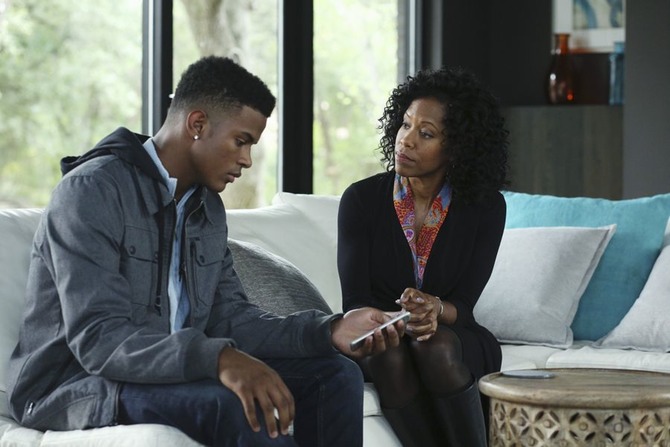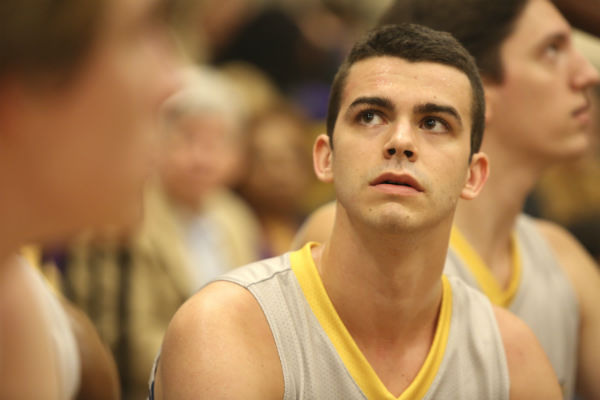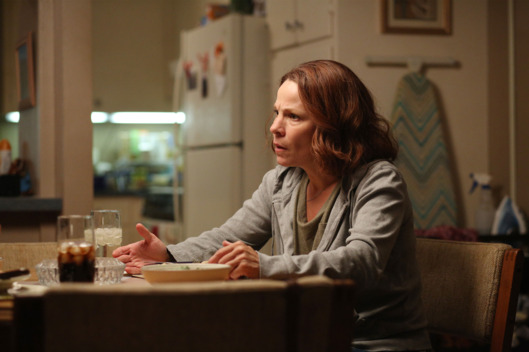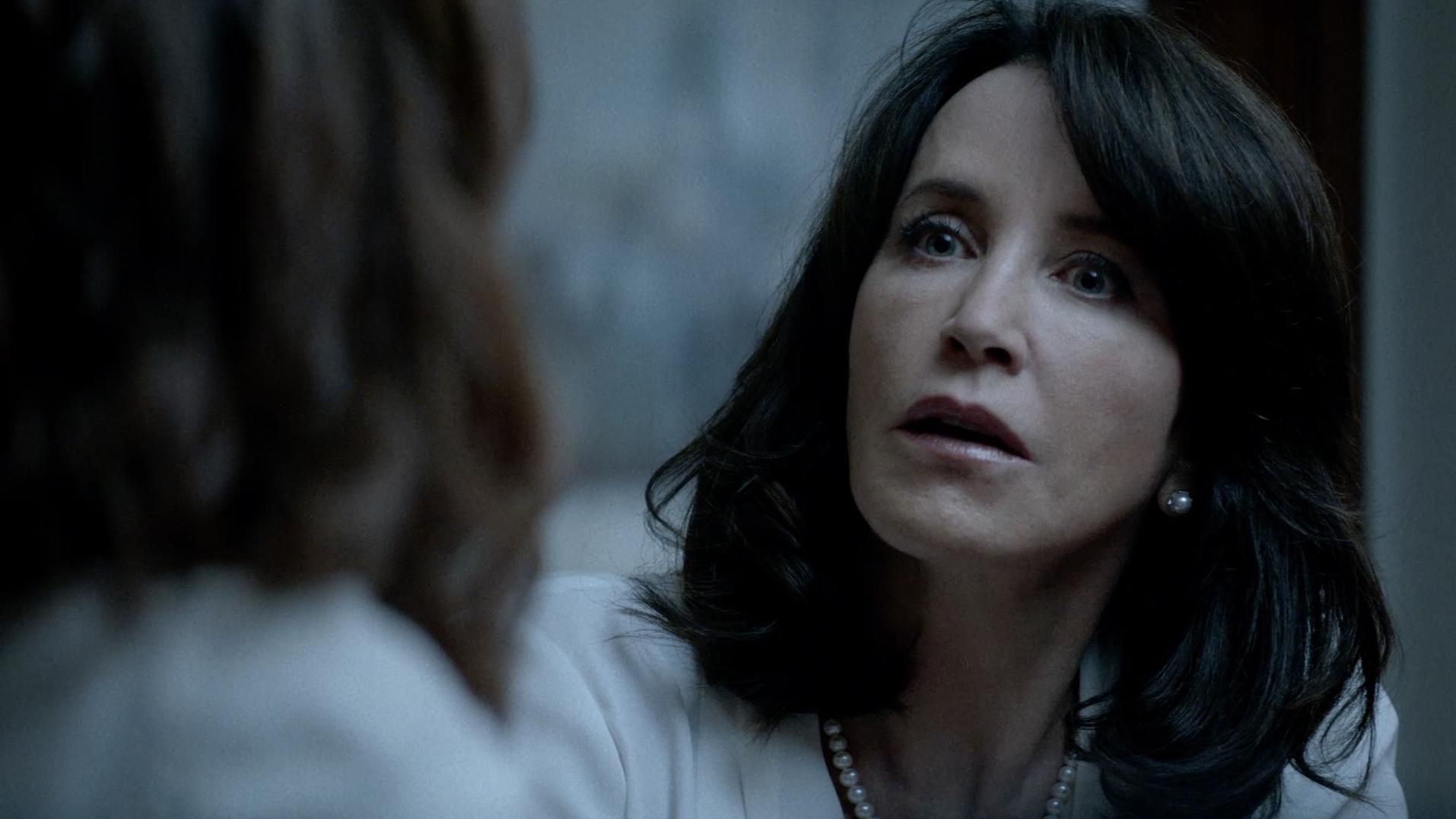It's a common beliefe that there’s a ceiling to how poignant and brutally honest network television can be. The often accurate stereotype is that the hour-long dramas that inspire debate and passion are found on pay or premium cable; network TV is for rote procedurals and other series unwilling or unable to truly push the envelope.
Yet In the month since it has premiered, the second season of Academy-Award winning writer John Ridley’s (12 Years a Slave) “American Crime” has been flying in the face of pre-conceived notions about the limitations of network television. [More...]
Even given the fine storytelling and acting of the anthology series’ first season, nothing could have prepared viewers for just how much the second season would step up the quality.
The current season, which focuses on the alleged male-on-male sexual assault between students at an affluent private school delves into race, class, gender and sexuality with a level of honesty and richly complicated nuance rarely (if ever) seen on network television. The hard truth of many of the issues presented in the series isn’t given via easily digestible sound bites delivered by characters who are stand-ins for ideas of people rather than fully-formed human beings (see Paul Haggis’ Crash).
 Terri (Regina King) has a tough talk with her son (Trevor Jackson)
Terri (Regina King) has a tough talk with her son (Trevor Jackson)
One of the most important scenes thus far is a conversation between Terri LeCroix (a phenomenal Regina King, whose praises have already been sung here) and her son Kevin (Trevor Jackson) who is being investigated for his role in the assault, which took place at a party. In the scene, the tough but fiercely loving mother lays out the realities of being black in spaces that are largely white. More specifically, she talks about the defense mechanism of employing distrust and keeping white people, even friends at an arm’s length. This cuts deep, is uncomfortable to watch, and may even seem a little unfair to some viewers. It also communicates something rarely spoken on television or in film yet so universal to the black American experience. Ridley, whose screenplay was admittedly the one aspect of 12 Years a Slave that gave me pause, manages to avoid making the exchange feel soap box-y or clearly meant to convey a capital C Concept. It feels like a specific, but resonant conversation between a weary, protective mother and her naïve son.
The issue of queerness is also quite prominent -- specifically how our culture, even today when intolerance is more or less socially unacceptable, reacts with fear-based hysteria to the idea of homosexuality among children. The show addresses (not directly, but evidently) the disastrously tragic effects of a culture that still forces boys and girls to explore possible same-sex attraction behind closed doors like a nasty little secret, shirking safety and self-care in the process. While not stripping alleged rapist Eric (a wonderful Joey Pollari) of any real responsibility, the show subtly asks the question—would this have happened in a culture that gave our queer children the same acceptance to explore their sexuality as their straight counterparts?
 Joey Pollari as a troubled high school student
Joey Pollari as a troubled high school student
It’s also lovely to see so many talented actresses over forty (Felicity Huffman, Lili Taylor, Hope Davis and the aforementioned Regina King) given complicated roles to play on the same show. There are no clear villains or heroes, no easy answers. Self-preservation and loyalty drive a lot of the decisions on this show populated by deeply realistic flesh and blood characters.
Given all the recent talk about diversity, it should be noted that “American Crime” boasts one of the most diverse staff of writers and directors on television. Resentment at the idea of “diversity for its own sake” can be understood (if not necessarily empathized with) in that a changing of the guard can often feel scary to those already established. But, the result clearly shows that by allowing different voices (many different voices including the ones currently working) to tell stories, it can unlock our imaginations about television, storytelling and art in general. That is a wonderful thing.

"American Crime" can be seen on Wednesdays at 10:00 PM on ABC
